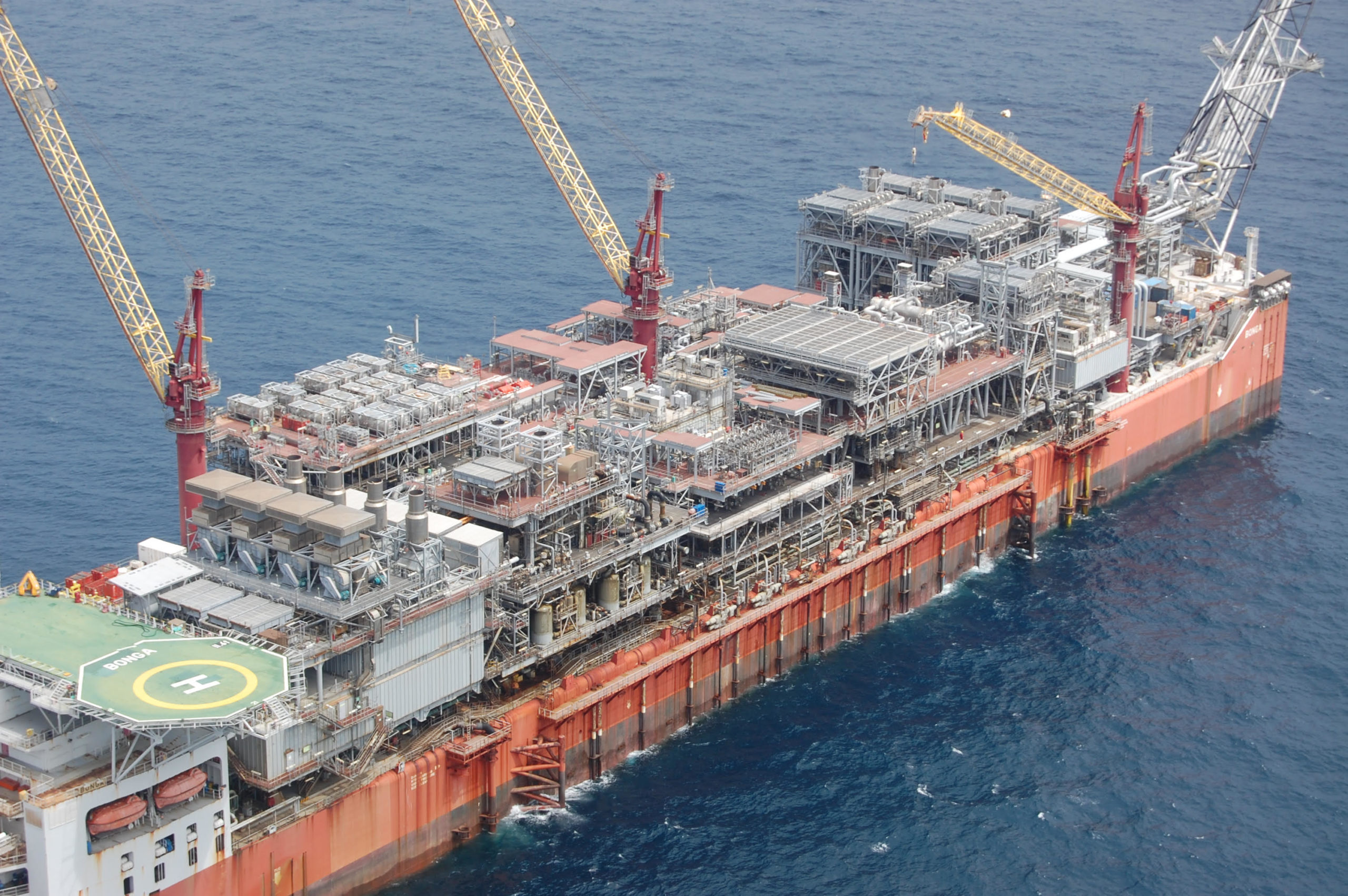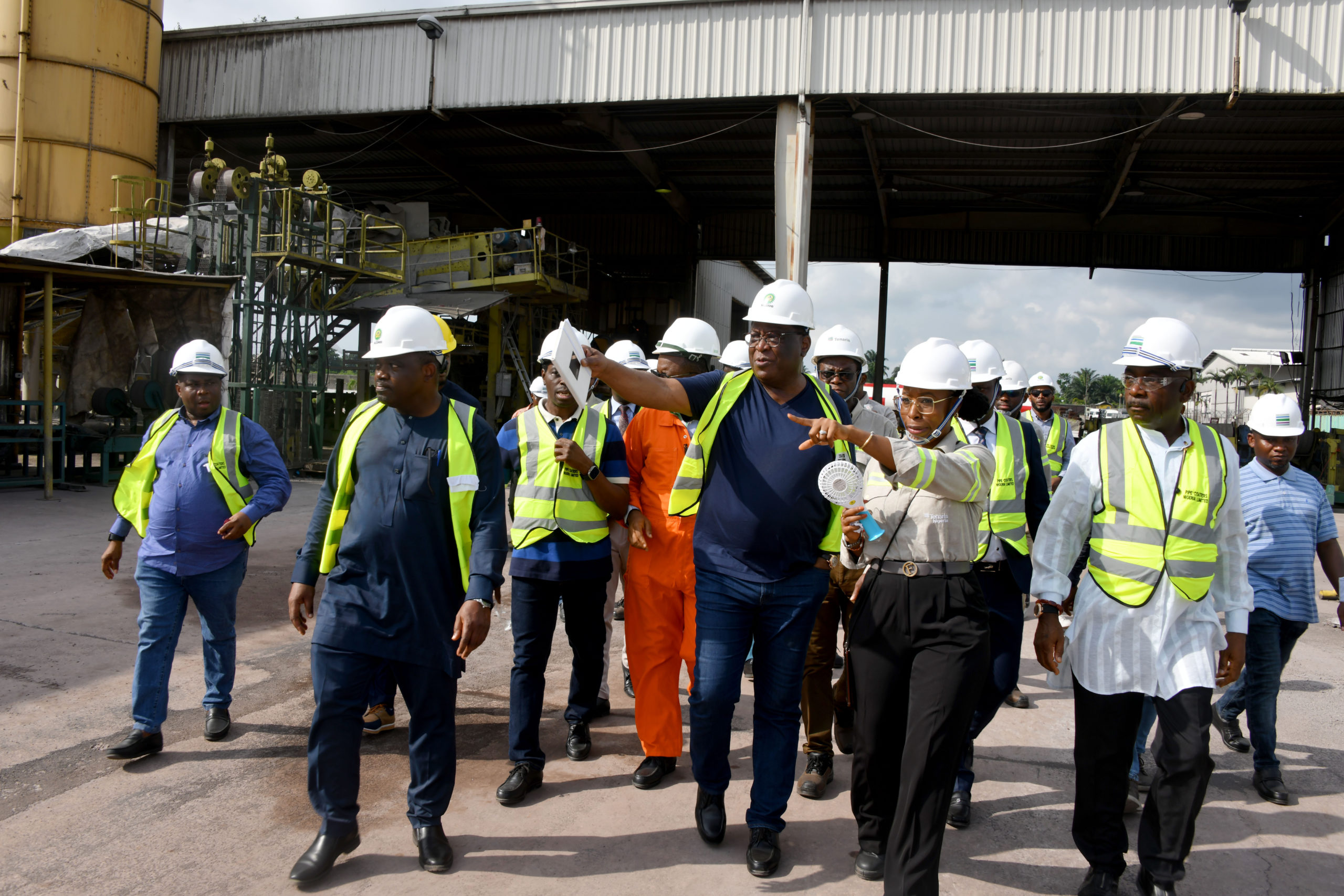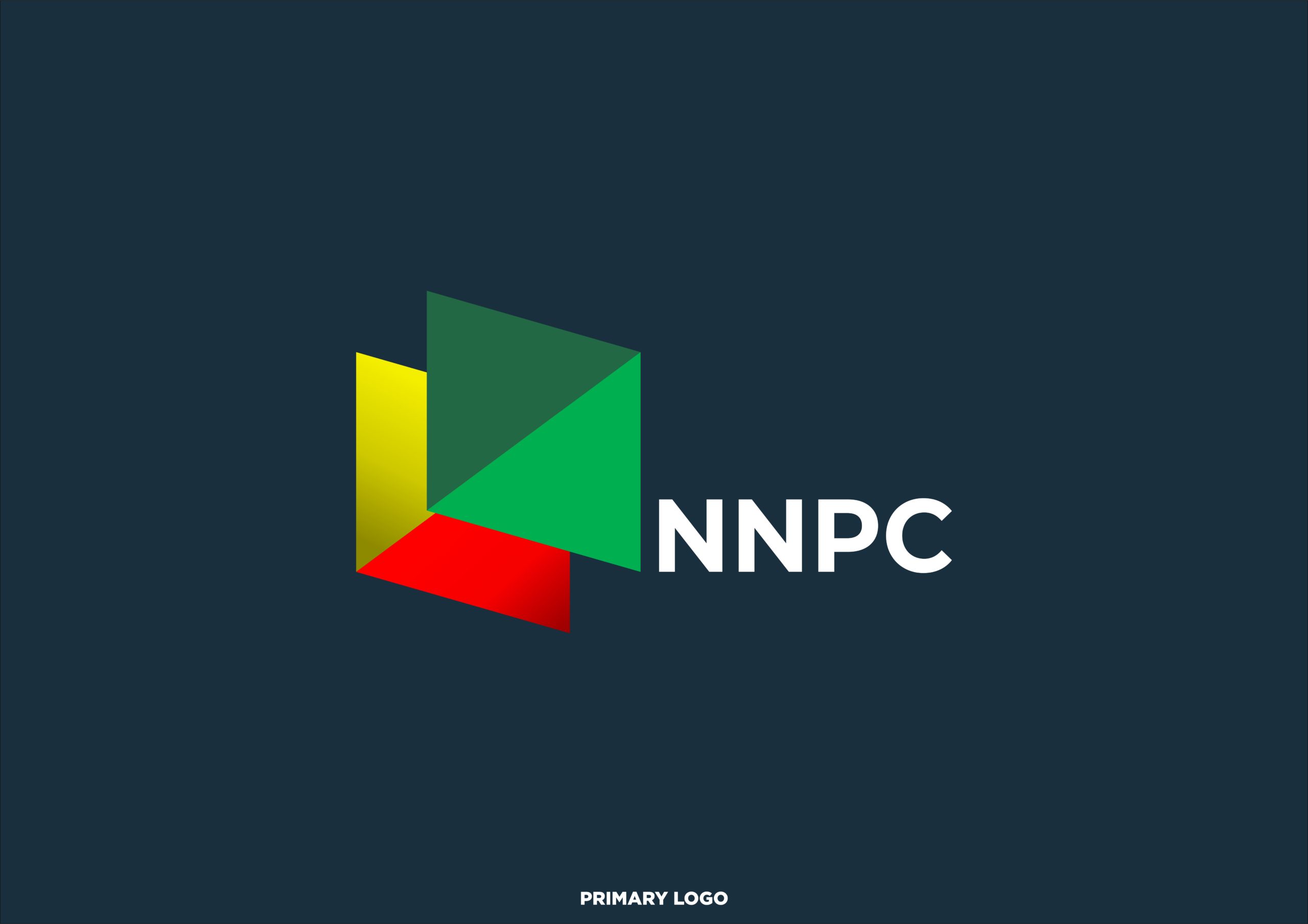Energy
Energy firms owe Nigerian banks N1.54trn
……Sector’s non-performing loans stands at N32bn
LAGOS – Energy industry firms, including those operating in the power and oil and gas sectors owe banks in Nigeria over N1.544 trillion, about $10 billion, while the total bad debts profile of the firms stand at N31.65 billion.
Biztellers gathered the figures from the year end, December 31, 2011 financial statements of the banks released to investors and others stakeholders last year.
Although the 2012 financial statements of the banks are still being expected, but it is expected that banks will begin to release the results from the end of March, with analysts projecting that the figures will rise.
A breakdown of the total non-performing loans shows that the bad debts of oil and gas firms currently stands at over N29.214 billion, while those from the power sector stands at N2.44 billion.
These debts, recorded in the books of 10 of the commercial banks in Nigeria, were classified as Non-Performing Loans, NPL, and might see the banks transferring the loans to the Asset Management Corporation of Nigeria, AMCON.
 Despite the high non-performing loans and the challenges faced by the banks in lending to firms in the energy sector in the last couple of years, the banks still gave out loans totaling N1.544 trillion to oil and gas and power firms during the period in review.
Despite the high non-performing loans and the challenges faced by the banks in lending to firms in the energy sector in the last couple of years, the banks still gave out loans totaling N1.544 trillion to oil and gas and power firms during the period in review.
However, a number of banks refused to disclose their exposures in their reports. They are Access Bank Plc, Union Bank Nigeria Plc and Skye Bank Plc, which made no mention of loans extended to oil and gas firms in their 2011 financial statements, while the financial statements of Standard Chartered Bank and Citibank could not be accessed, as they are not listed on the Nigerian Stock Exchange.
Also, the financial statements of Keystone Bank, Mainstreet Bank and Enterprise Bank could not be accessed due to the fact that they are not public companies.
An analyst who spoke on the condition of anonymity, said Access Bank, Union Bank and Skye Bank inability to give out loans to energy firms in their 2011 financial year, may be as a result of fear and weak risk management structure.
The analyst is of the view that the banks, coming out from the crisis in the sector without been swallowed, might decide to tread cautiously in advancing loans, so as to avoid a repeat.
The analysts further stated that most of the banks are yet to put in place a strong and effective risk management structure, a factor which might affect their advancement of loans to certain high-risk sector of the economy.
AMCON bars banks from loaning to chronic debtors
The CBN and AMCON late last year ordered banks to stop giving out loans to individuals and organisations who are indebted to banks to the tune of N5 billion and above.
In the list released by the CBN and AMCON, 20 oil and gas firms were credited with N705.885 billion while five power firms owed N114.928 billion.
It is expected that a significant reduction will be recorded in the banks’ lending to oil firms, when their 2012 financial statements are released.
The impending reduction in local banks’ exposure to oil and gas, and power firms has raised concerns about how these firms will finance their operations.
Analysts are of the view that the oil firms might have to resort to offshore financial institutions or multilateral financial agencies to finance their operations, and if the issue is not addressed soon, Nigeria’s oil output and local supply of petroleum products will likely be affected negatively.
Already, the Nigerian Association of Petroleum Explorationists, NAPE, had declared that Nigeria’s potential of generating about 2.26 million metric tonnes of liquefied petroleum gas, LPG, annually will not be achieved, unless the country addressed the issue of infrastructure deficit and lack of access to finance by players in the oil and gas sector.
In a presentation by Mr. Mustapha Jibrin, at one of its conferences, NAPE maintained that financing is critical, especially as it is evident that the country’s Vision 20:2020 objective can only be achieved with a stable power supply, with gas production playing a critical role.
He stated that recent gas discoveries in other parts of Africa were already affecting Nigeria’s natural gas potential and its global competitiveness, adding that increased access to finance and infrastructure development will help reverse this trend.
He said, “The competitiveness of Nigeria’s natural gas and the numerous opportunities to monetise it would be impacted by recent discoveries of large reserves of gas in other parts of Africa, especially offshore East Africa, as well as huge exploitations of shale gas in different parts of the world.”
Also speaking, Mr. David Adonri, an economic expert, expressed concerns over the huge exposure of the banks to energy firms in their current financial statement.
He said the Nigerian petroleum industry is not viable, especially due to the delay in the deregulation of the sector and government control of the sector.
He added that financing power and oil and gas projects with bank loans is a mismatch, due to the long term nature of such projects and the short term nature of bank loans. “It is disturbing to hear that banks are still exposing themselves to the petroleum industry in such a manner that could threaten their existence.
“Those affected have failed to learn from the past. Any bank over-exposing itself to the petroleum industry does so at its peril because government’s control of that sector is a recipe for commercial failure.
“The petroleum sector can only become viable when it is completely deregulated and privatized If the balance sheet of any bank is damaged as a result of excessive risk taking, CBN and NDIC should liquidate it and the management made to pay for their recklessness.
“Considering the short maturity profile of banks’ deposit liabilities in Nigeria, it is inconceivable that they will venture into financing Electric Power projects which by nature are long term. The mismatch in financing will definitely result in bad debt. Electric Power infrastructure rehabilitation and development requires medium to long term funds which are obtainable from the Capital Market and Development Finance institutions.”
CBN’s intervention
The challenges faced by the banks between 2009 and 2011, when the CBN sacked the management of five banks and nationalized three of the banks were brought about by the inability of the oil firms to pay their debts following the crash in the prices of crude oil in the international market. This was in the wake of the global financial crisis and the credit crunch in the global economy.
The CBN said the troubled banks had huge portfolio of non-performing loans, far above the figures allowed by law, in addition to other irregularities recorded in the banks.
The industry regulator also said the banks had difficulties in meeting their obligations to customers and other stakeholders and were constantly on ‘life support’, continuously accessing the Expanded Discount Window, EDW, for funding.
When the CBN moved against the five banks, August 2009, it said the total loan portfolio of the five banks was N2.802 trillion. Margin loans amounted to N456.28 billion and exposure to Oil and Gas was N487.02 billion, while aggregate non-performing loans stood at Nl.143 trillion representing 40.81 per cent.
The CBN said from information at its disposal, it is evident that the five banks accounted for a disproportionate component of the total exposure to capital market and oil and gas, thus reflecting heavy concentration to high risk areas relative to other banks in the industry.
After the CBN’s efforts at sanitizing the banks and cleaning up their books, the banks have resumed lending to the energy sector, however, with extreme caution.
Energy
How Strategic Investment, Optimisation, Boosted Shell’s Bonga Nigeria’s 2023 Production

Shell Nigeria Exploration and Production Company Ltd (SNEPCo) rode on new wells, optimized reservoir and optimal facility management to produce more oil at Bonga in 2023 than the previous one, a review of operations has shown.
Biztellers reports that Nigeria’s first deep-water development produced some 138,000 barrels of oil per day (boepd) in 2023 compared to around 101,000 in 2022.
The improvement, Biztellers gathered, was driven by drilling of new wells, optimising reservoir and facility management and excellent asset management, inter alia.
Managing Director, SNEPCo, Elohor Aiboni, said, “Bonga continues to justify the investments and hard work that led to its discovery.
“The uptick in production is the result of commitment by staff, continuous improvements in production processes and maintenance and the support of the Nigerian National Petroleum Company Ltd (NNPC) and our co-venture partners – TotalEnergies Nigeria Limited, Nigerian Agip Exploration and Esso Exploration and Production Nigeria Limited.
“Working together, we will continue to power lives and deliver value to all stakeholders.”
Recall that Bonga began production in November 2005 through the 225,000-barrels-per-day capacity Bonga FPSO, anchored 120 kilometres offshore. The FPSO exported the 1 billionth barrel of oil last year.
The operations have resulted in remittance of taxes and royalties to the Government of Nigeria to finance development, development of indigenous contactors and service providers, and a wide-ranging social investment portfolio which has improved lives across the country.
Energy
NCDMB’s ES Visits Pipe Coating Firms, Pledges Support For Local Capacities

The Nigerian Content Development and Monitoring Board (NCDMB) has reassured industry stakeholders that oil and gas service companies that have established capacities in the country will continue to enjoy patronage.
The Executive Secretary, NCDMB, Engr. Felix Omatsola Ogbe made this commitment on Friday in Port Harcourt, Rivers State when he led officials of the Board and Shell Petroleum Development Company of Nigeria (SPDC) to visit companies that deliver pipe coating and related services.
The team visited Brightwaters Energy Limited, formerly known as Willbros Nigeria Ltd, Solewant Nigeria Limited and Pipe Coaters Nigeria, managed by Tenaris Nigeria Ltd.
According to the ES, the visits were to assess the companies’ facilities and determine how the Board can galvanize the industry to patronise them.
He underscored the importance of getting first-hand information on in-country capabilities before making key decisions on oil and gas projects. He insisted that operating companies must support and patronise local oil and gas service companies in compliance with the provisions of the Nigerian Oil and Gas Industry Content Development (NOGICD) Act.
Ogbe emphasized that activities in the Nigerian oil and gas industry must be used to create employment opportunities for the nation’s teeming youths and help to resuscitate the economy, in line with the aspirations of President Ahmed Bola Tinubu.
The Chief Executive Officer of Brightwaters Energy Limited, Scott Gregory thanked the ES for leading the visit while highlighting that Brightwaters carried out Nigeria’s first pipe coating in 1962.
He recalled that the facility had 3,000 employees some years back, executing various spheres of oil and gas projects. He conveyed the management’s aspiration to return the
firm to those high-performance levels and sought the Board’s support to win oil and gas projects that would resuscitate the sprawling facility.
“We feel that we can be a positive contributor to Nigeria through the capacities that we have. We want to bring real, true value to the table,” he added.
He admitted that the coating facility had suffered downtime, but assured that the plant would be up and running within 60 days of the award of a new contract.
The Chairman of Tenaris Nigeria, Dr. Ernest Nwapa welcomed the NCDMB’s team to PCNL’s facilities.
He commended the efforts made by the agency to push local content in the industry, attributing it to the good culture that had been established at the Board over the years.
Nwapa, who was the pioneer Executive Secretary of the NCDMB expressed delight that some of the oil and gas projects that had been pending for nearly ten years were now being developed and expressed hope that existing local capacities would be maximized in the execution of those projects.
The team was taken around the company’s facilities and shown the various equipment of PCNL in readiness for the award of new contracts.
Nwapa pledged the commitment of the company to meet the expectations of clients as well as allow them to participate in the supervision of the work in their factory.
The PCNL facility covers an area of 160,000 m2 in the Onne Free Trade Zone. The company offers Anticorrosion, CWC, Thermal Insulation, Internal and Bends Coating plants as well as Double Jointing and Anode Installation Facilities.
At Solewant Group, an EPCI and Pipe Coating Company, the NCDMB delegation was shown round the company’s facilities as well as the new investments, such as the 5mega watts generators, procured to guarantee power supply to the facility.
Accompanying Engr. Ogbe on the facility visits were the Director Projects Certification and Authorization Division (PCAD), Engr. Abayomi Bamidele, General Manager PCAD, Engr. Maurice Iwhiwhu, Special Technical Assistant (STA) to the Executive Secretary, Engr. Mofe Megbele, Deputy Manager, Corporate Communications, Mr. Obinna Ezeobi, and other staff members of the Board.
The SPDC team was led by the General Manager, Nigerian Content Development, Mr.Lanre Olawuyi.
Energy
NNPC E&P Ltd, NOSL Hit First Oil In OML 13, Akwa Ibom

The NNPC Exploration and Production Limited (NNPC E&P Ltd), NNPC Ltd’s flagship upstream subsidiary, and Natural Oilfield Services Ltd (NOSL), a subsidiary of Sterling Oil Exploration & Energy Production Company Ltd (SEEPCO), has announced the successful commencement of oil production at Oil Mining Lease (OML) 13 in Akwa Ibom State, Nigeria.
Biztellers reports that the production commenced on the 6th of May 2024 with 6,000 barrels of oil with expectations to be ramped up to 40,000 barrels per day by May 27th, 2024.
The first oil flow from OML 13 is a historic milestone in the partnership between NNPC E&P Ltd and NOSL, highlighting their dedication to driving growth and development in Nigeria’s oil and gas sector, which remains a vital component of the nation’s economy.
The achievement does not only signify the culmination of rigorous planning and execution by the teams involved, but also represents a new era of economic empowerment and development opportunities for the host communities.
Furthermore, for Nigeria, the first oil from OML 13 holds some significance as it contributes to the country’s efforts to increase its oil production capacity, which is crucial for meeting domestic energy needs and driving economic growth.
The NNPC E&P Ltd and NOSL partnership is also committed to operating in a manner that is safe, environmentally responsible, and beneficial to the local communities.








